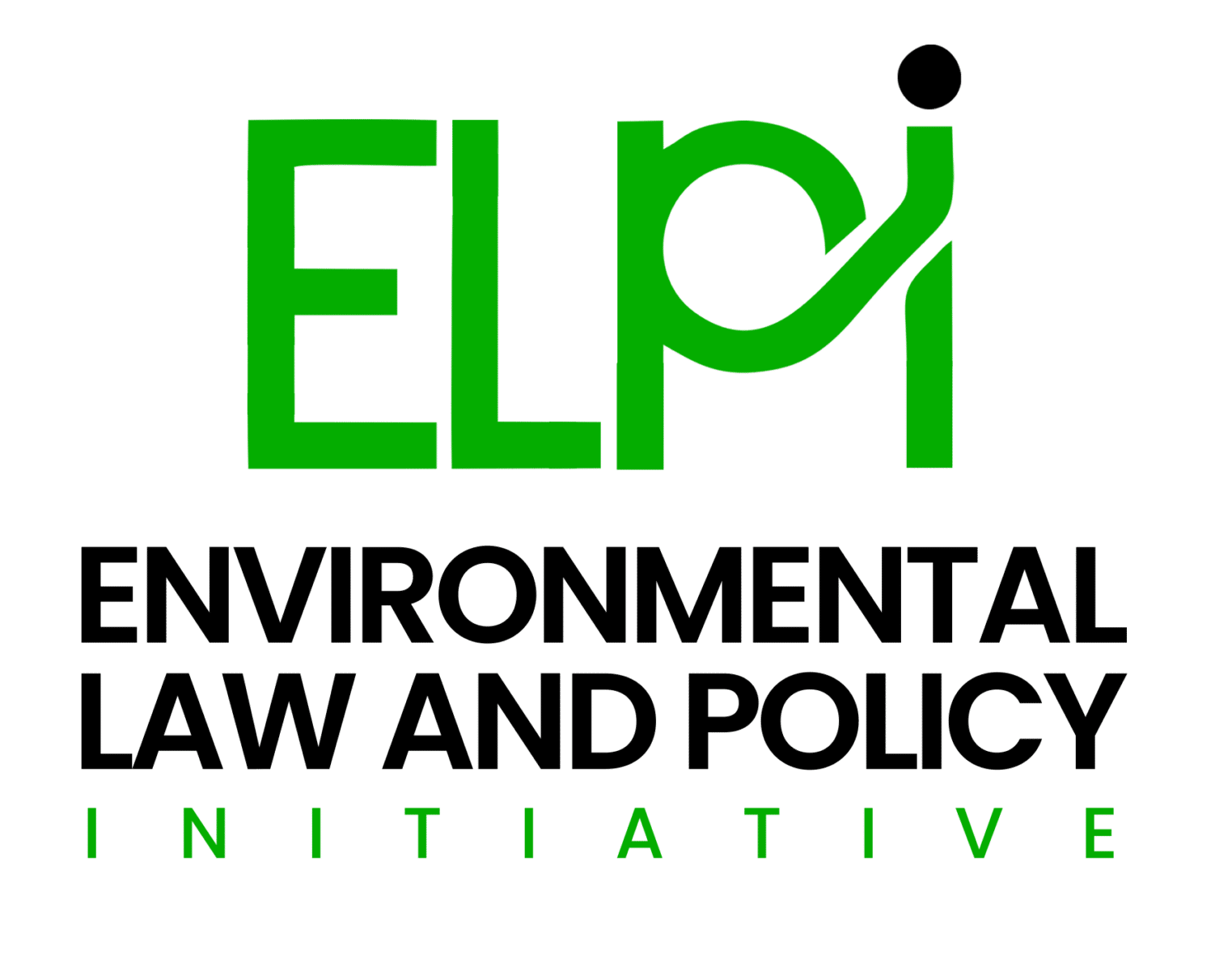Ghana’s natural resources are the backbone of its economy, yet they face mounting threats from industrial activity, deforestation, pollution, and climate change. Strong, enforceable environmental laws are not just a legal necessity, they are a national safeguard for health, livelihoods, and the future of the country’s ecosystems.
Why Legal Reform Matters
Environmental challenges today are more complex than ever. Outdated or weak regulations leave critical gaps in protecting biodiversity, managing waste, and regulating emissions. Through targeted legal reforms, Ghana can:
- Align national laws with global sustainability commitments such as the Paris Agreement and the Sustainable Development Goals (SDGs).
- Strengthen enforcement mechanisms to ensure laws are not just written, but actively applied.
- Close loopholes that enable unsustainable practices.
- Provide clear guidelines for industries, reducing disputes and fostering compliance.
Current Priorities
- Modernizing Environmental Legislation: Updating existing laws to address new challenges such as electronic waste, marine pollution, and climate change impacts.
- Mandatory Compliance Systems: Requiring real-time monitoring tools for industries, such as the newly launched Ghana Online Continuous Emissions Monitoring System (GOCEMS).
- Access to Justice: Enhancing public rights to challenge harmful environmental decisions in court.
The Road Ahead
Stronger environmental laws mean more than penalties, they create a legal framework where development and conservation work hand-in-hand. By reinforcing legislation, Ghana positions itself as a leader in Africa’s green transition.


